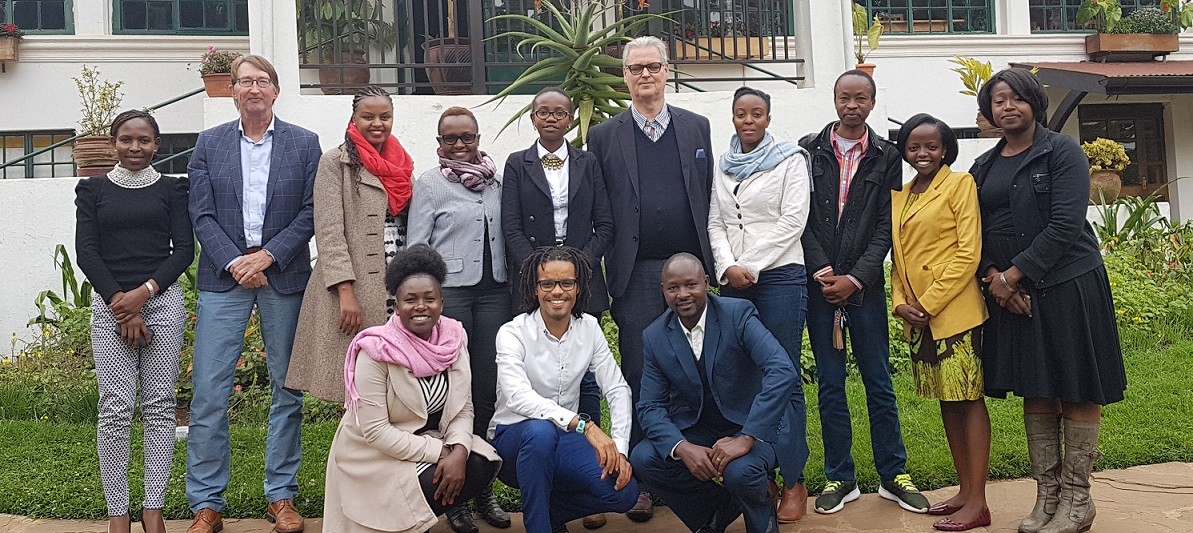Consumer demand for safe fruits and vegetables in Kenya is continuously growing. However, supplies of safe food for the domestic market fall way short of this demand.
Smallholder producers in Kenya account for around 75% of the total agricultural production, including fresh fruits and vegetables. The vast majority of these smallholder producers are not producing in compliance with minimum food safety requirements, due to capacity gaps and disincentives to comply. The majority of supply is still highly informal and non-transparent, lacking traceability and food safety requirements.
Finding opportunities to market safe food in Kenya
In July, ProFound’s director Bert-Jan Ottens and business developer James Sablerolles travelled to Kenya to discuss safe food supply solutions with organisations and business partners across the fresh fruits and vegetables value chain. Partners include (soil) testing agents, digital service providers, financing institutions, and producer and youth organisations.

Building a consortium of businesses to reach our goal: Market Driven Food Safety
ProFound has united these partners in a consortium, all committed to developing demand-driven models for food safety. Next to compliance with food safety requirements (such as HACCP, GACP and GlobalGAP), these models will look into innovations across the value chain such as soil testing, traceability and rural financing.
The goal is to improve producers’ competitive position through compliance with compulsory and voluntary certification standards, including GACP, ISO 22000, organic and fair, both for domestic and export markets.
Mid-September, we aim to launch the website of this consortium at www.healthygreenchoice.com where you can find more information on the partners and proposed solutions.
Do you want to learn more or find out how you can join the consortium? Contact James Sablerolles: mail@thisisprofound.com.
